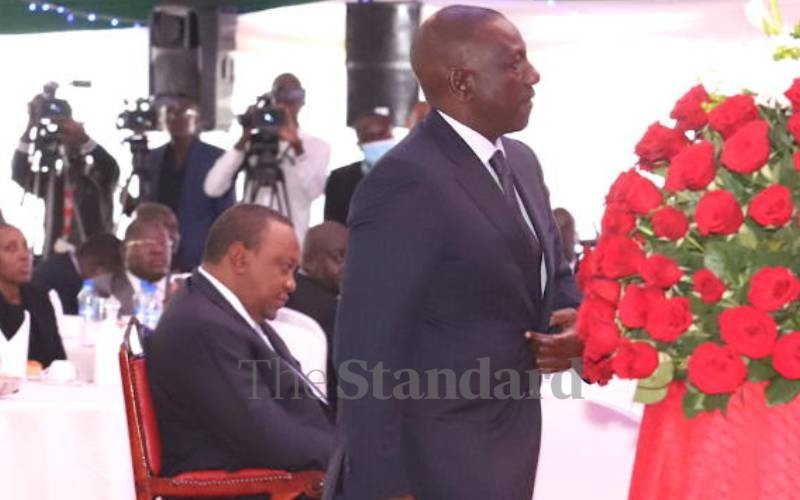×
The Standard e-Paper
Smart Minds Choose Us

When former President Uhuru Kenyatta teamed up with the current President William Ruto in 2013, the two looked like siamese twins.
However, it didn't take long in their second term in 2017 before their differences emerged. While the fallout between the two 'brothers', who used to wear white shirts and red ties, has been seen through the political lens, evidence shows that there is a fundamental difference in their economic philosophy.